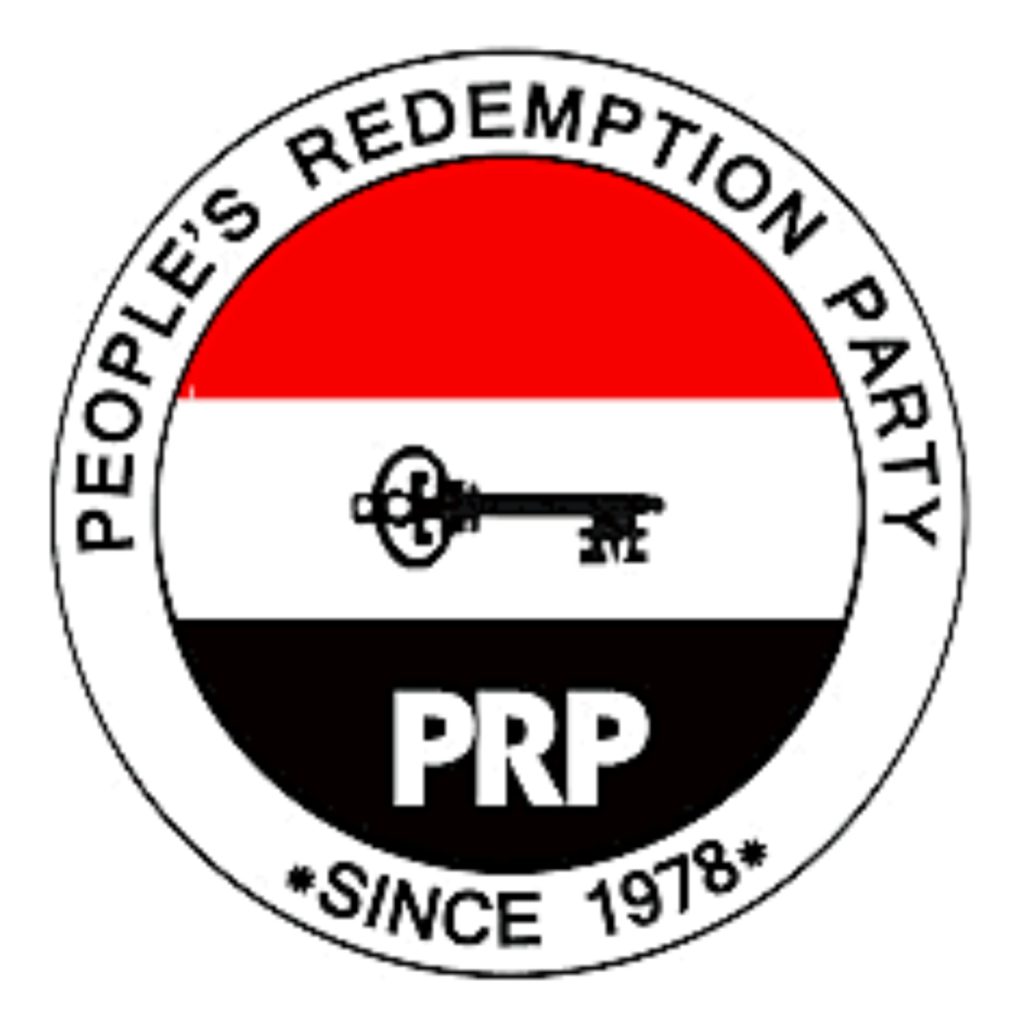Dangote Refinery has expressed support for the recently approved 15% fuel and diesel import duty tariff by President Bola Tinubu. The company’s spokesperson, Anthony Chiejina, stated that criticizing the tariff would be unpatriotic, as it aims to protect local production and prevent unfair competition.
The new tariff has sparked mixed reactions from Nigerians and stakeholders, with some praising the move and others condemning it. Chiejina argued that reliance on imports hinders industrialization, creates unemployment, and results in revenue loss for the government. He emphasized that the 650,000-barrel-per-day refinery is currently producing over 45 million liters of premium motor spirit and 25 million liters of diesel daily, exceeding Nigeria’s demand.
According to Chiejina, the refinery’s production levels demonstrate its capacity to meet the country’s fuel needs. He also commended President Tinubu’s leadership, stating that it has renewed hope and restored investor confidence in the nation’s economy. The spokesperson noted that dumping of imported fuel can lead to poverty, discourage industrialization, and result in revenue loss for the government.
However, in October 2025, the Nigerian Midstream and Downstream Petroleum Regulatory Authority reported that Dangote Refinery produces an average of 20 million liters of petrol daily, contradicting Chiejina’s claim of 45 million liters daily. This discrepancy raises questions about the refinery’s actual production capacity and its ability to meet Nigeria’s fuel demands.
The introduction of the 15% import duty tariff is a significant development in Nigeria’s downstream oil sector. The move is expected to have far-reaching implications for the industry, including the potential to boost local production and reduce reliance on imports. As the country’s largest refinery, Dangote Refinery’s support for the tariff is noteworthy, and its production levels will be closely monitored in the coming months.
The Nigerian government’s decision to implement the tariff is seen as a step towards promoting local industry and reducing the country’s dependence on imported fuel. The move is also expected to generate revenue for the government and create jobs in the sector. As the situation unfolds, it remains to be seen how the tariff will impact the Nigerian economy and the oil industry as a whole.



